TACOMA, Wash. – The Pacific Avenue Fred Meyer in Tacoma is set to shut its doors this September, ending decades of service to the local community. The closure has sparked concern among residents and public figures alike, especially regarding the significant impact on neighborhood accessibility and daily life.
A Blow to Walkable Access
KIRO Newsradio’s Gee Scott, co-host of The Gee and Ursula Show, voiced concern about what the store’s departure means for the surrounding community.
“There are so many apartments down the street,” Gee said. “So that means that people now, instead of being able to walk [to Fred Meyer], the closest store will be WinCo.”
For many residents—especially those without reliable transportation—the Fred Meyer location has been a vital resource within walking distance, providing groceries, pharmacy services, and everyday essentials.
Part of a Larger National Trend
The closure is one of about 60 Fred Meyer and Kroger stores slated to shut down nationwide. The grocery giant cites declining in-store sales, driven in part by increased competition from online retailers like Amazon, and changing shopping habits that favor digital convenience.
Kroger’s pivot includes a sharpened focus on fresh food, pharmacy services, and online shopping, alongside cost-cutting efforts to keep the company profitable in a shifting retail landscape.
Residents Raise Concerns
Locally, the news has not been well received. Andrea Hogg, Chair of the Tacoma Neighborhood Council, said she has been inundated with calls and messages from worried neighbors. For many, Fred Meyer was more than a store—it was a cornerstone of the community.
“This is really going to disrupt how people live their lives here,” Hogg said. “The loss of convenience, familiarity, and accessible services will be felt deeply.”
Emotional Toll Beyond the Groceries
Co-host Ursula Reutin emphasized the broader societal impact of the trend, particularly the decline in pharmacies and neighborhood stores.
“I’m still mourning the loss of our local Rite Aid. I’m not even kidding,” Ursula said. “I was crying in the last days because one of the women who works there pointed out that she remembered developing film for photos.”
She warned that closures like this aren’t just economic shifts—they are cultural ones. Longtime employees and neighborhood regulars form connections that disappear with the shutdown of these establishments.
A Call to Recognize Community Needs
Both Gee and Ursula urged listeners to consider the human element behind business decisions. As grocery chains adjust for profitability, there’s a growing disconnect between corporate strategies and the day-to-day realities of the people they serve.
With the Fred Meyer’s September closure drawing near, Tacoma’s residents are left wondering how to fill the void—not just in groceries, but in community connection.
As Gee put it, “When these stores close, it’s not just about where to shop. It’s about what the neighborhood loses in the process.”

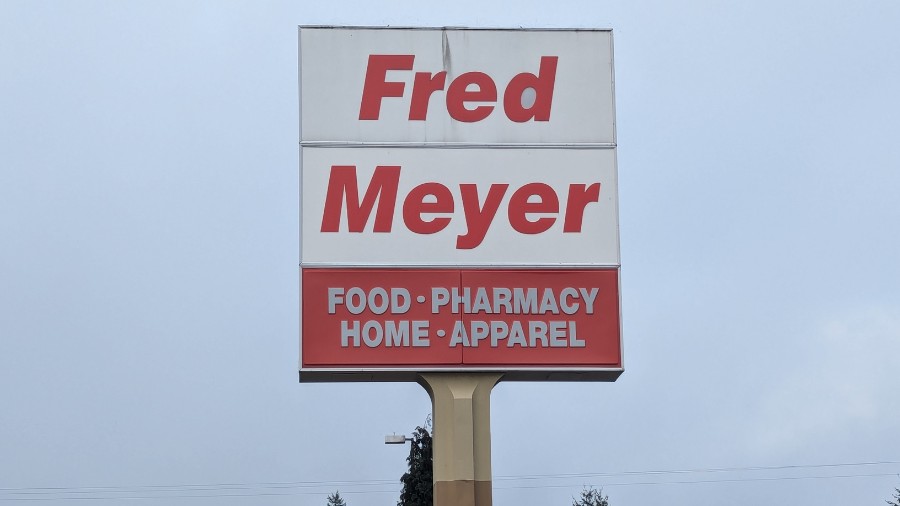

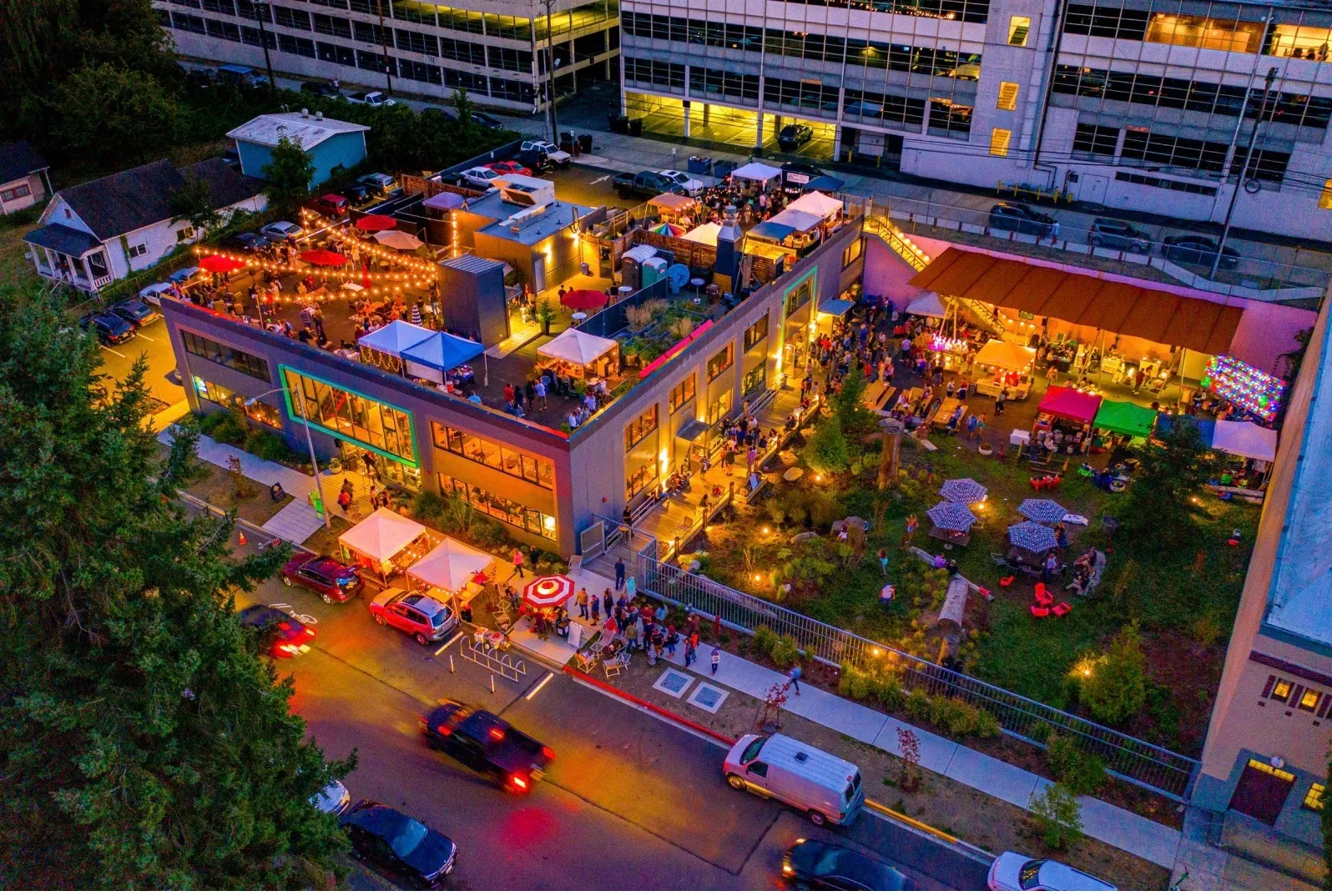

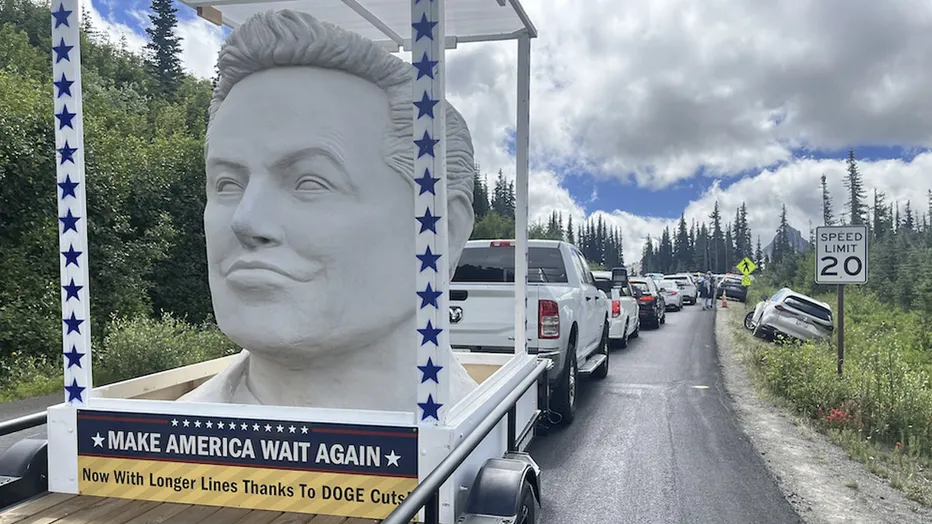
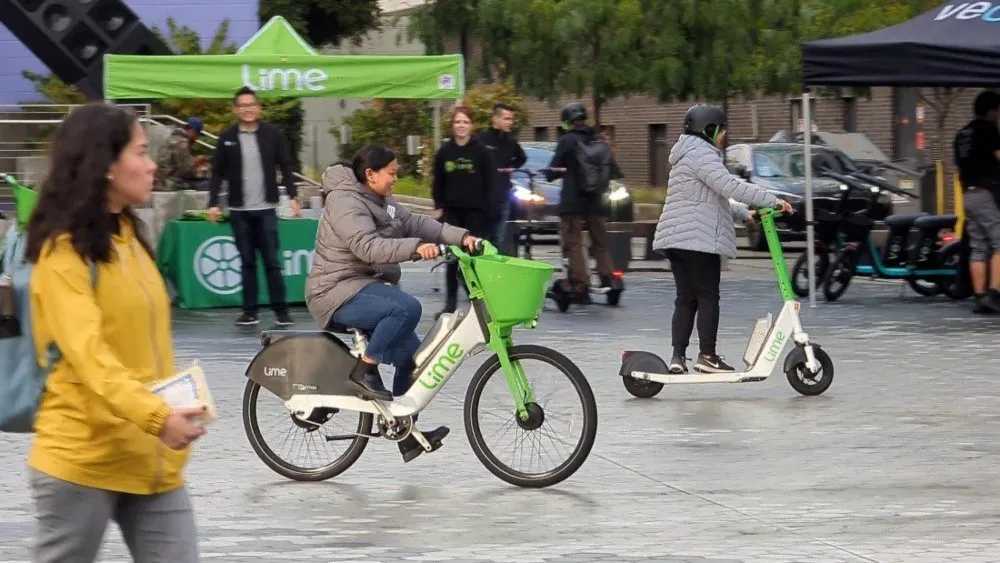
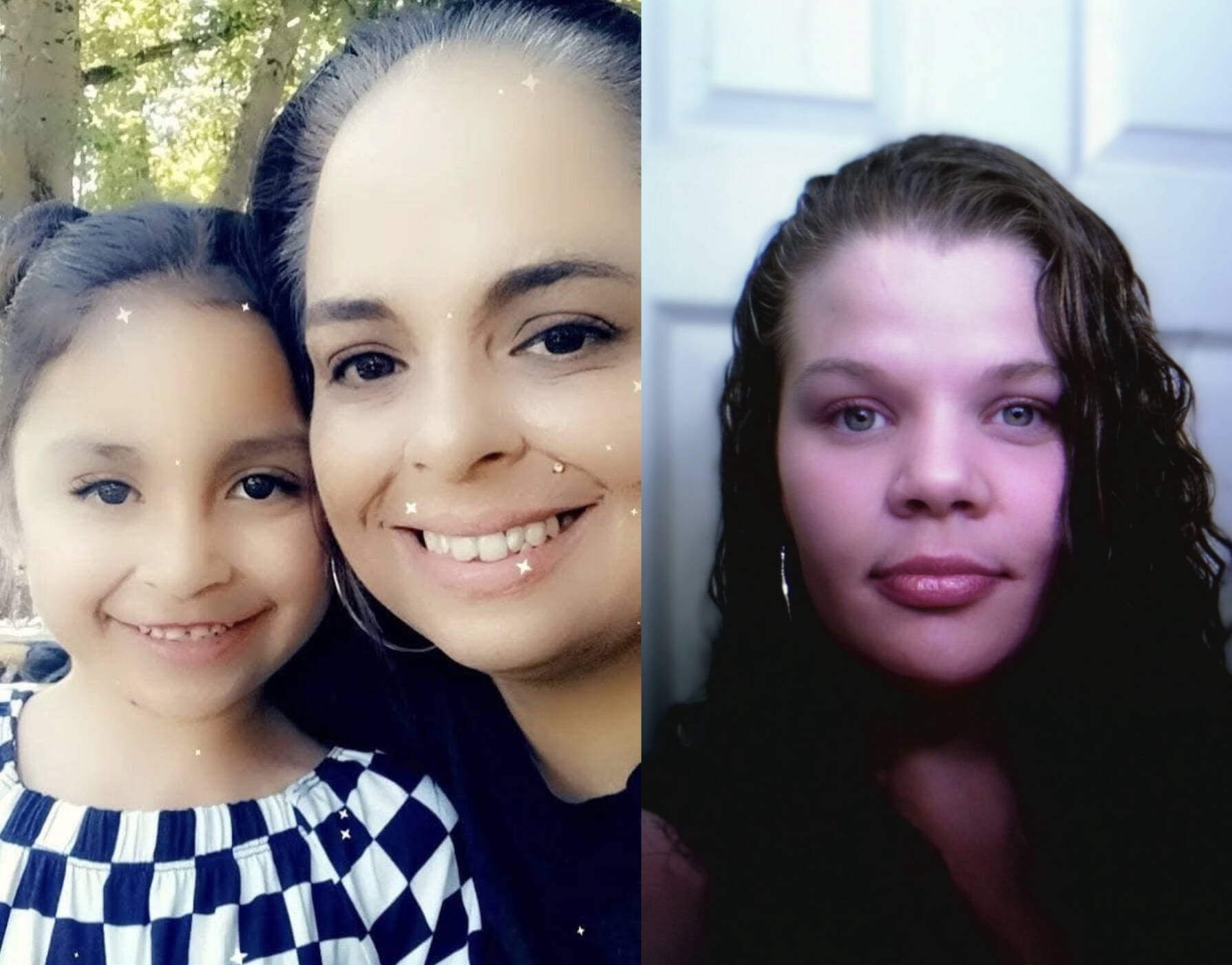
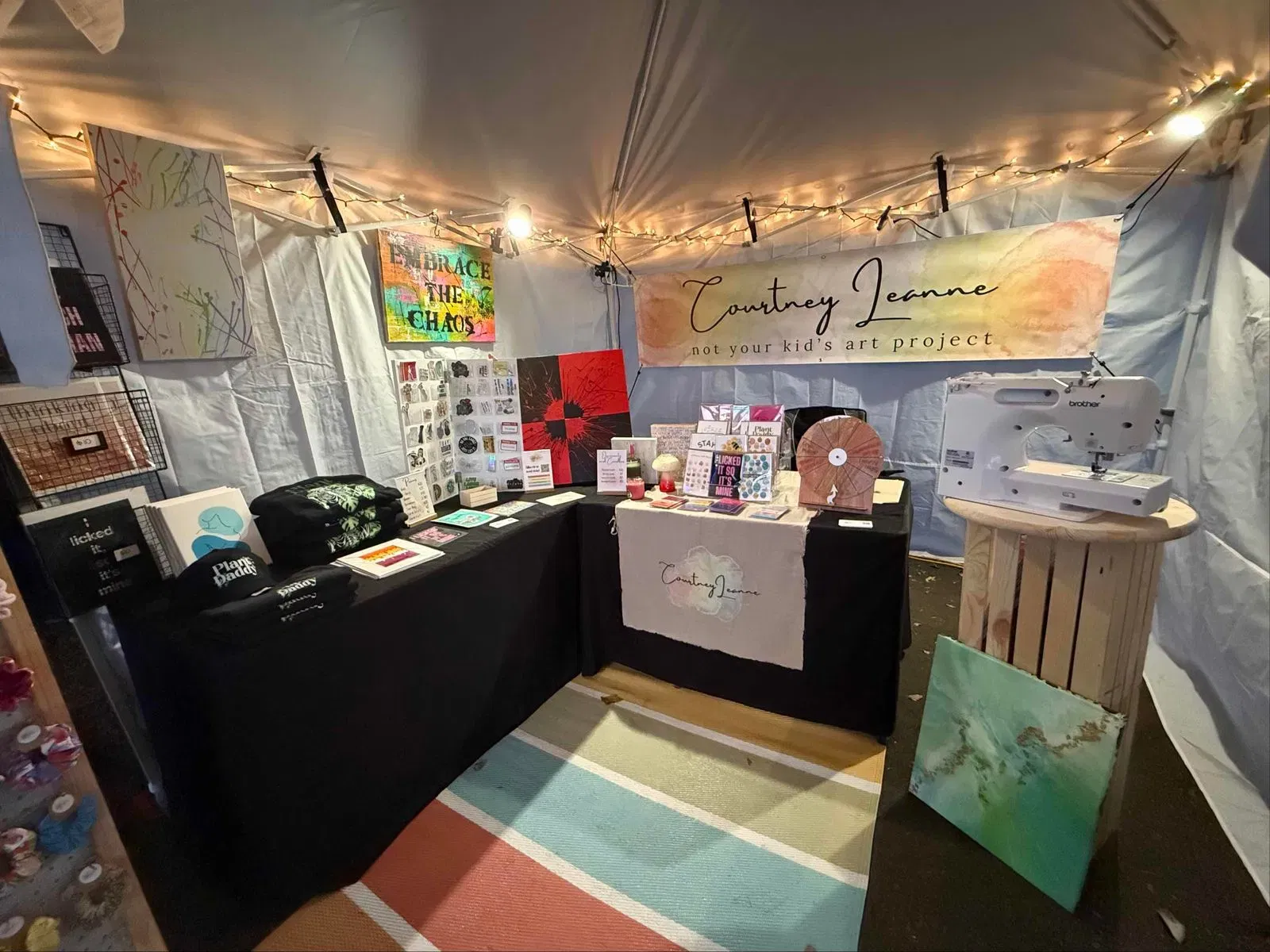
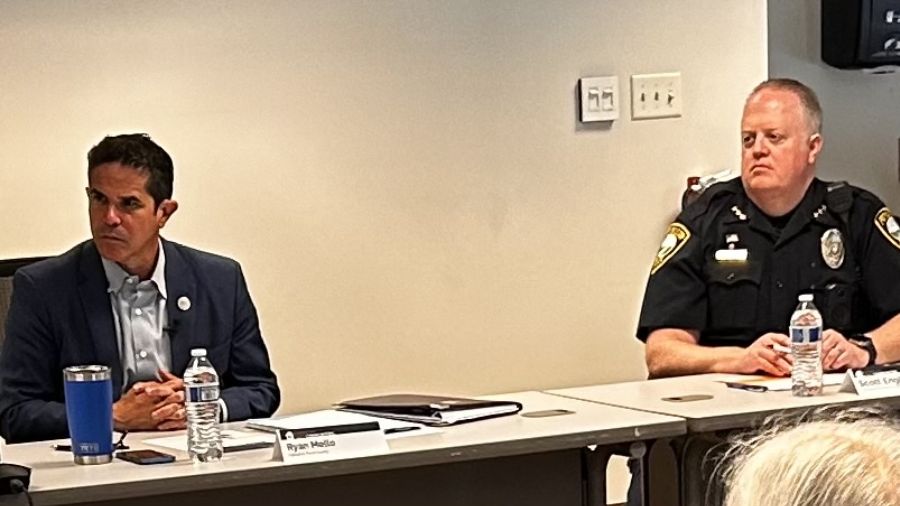



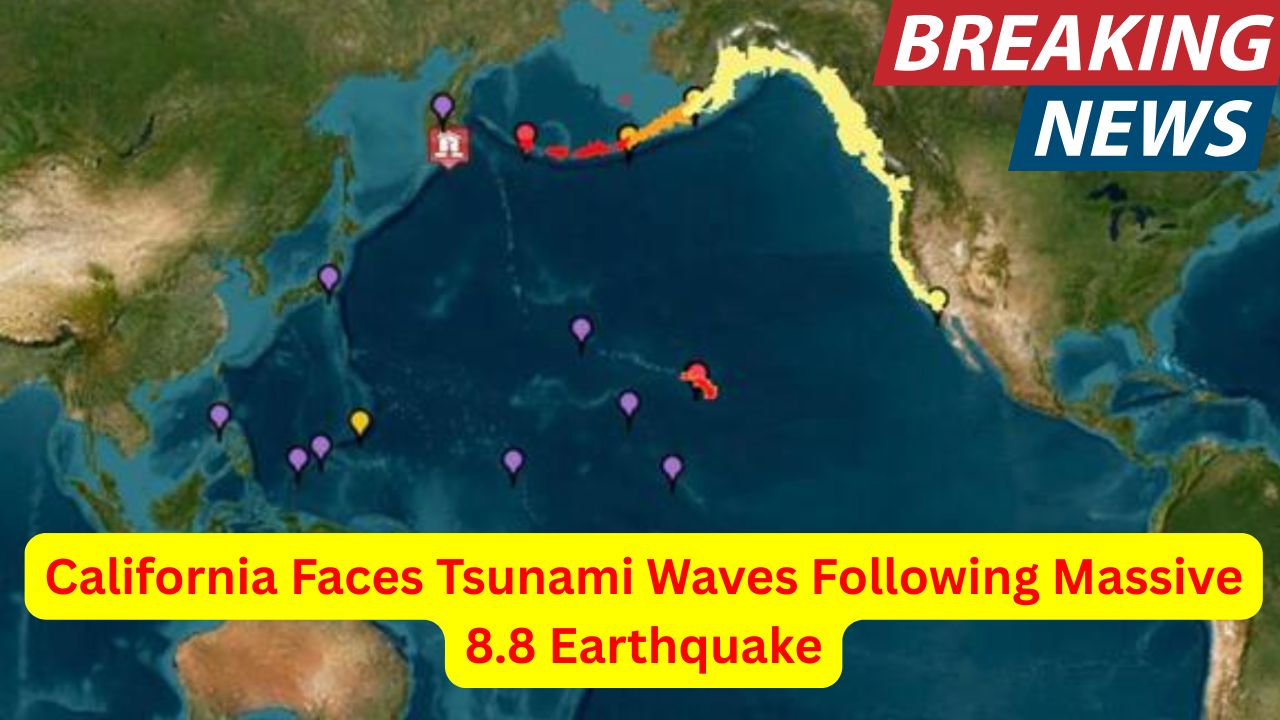


Leave a Reply